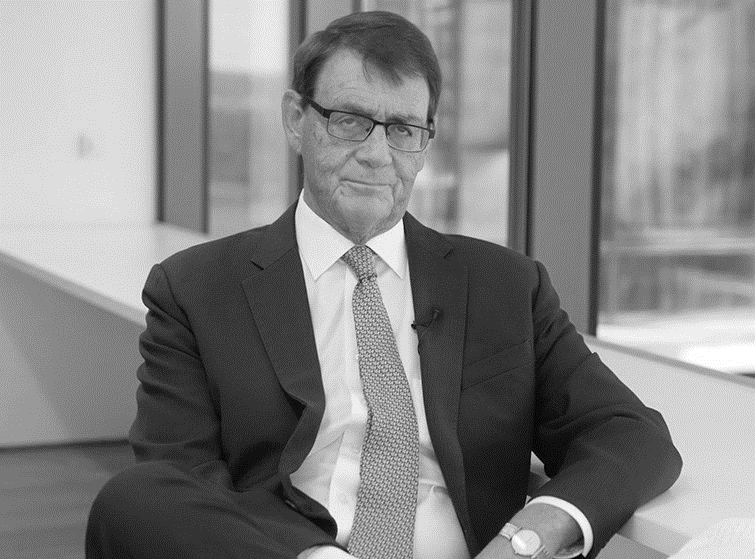Westpac’s market-moving chief economist has tapped residential property as the best asset class for today’s trying times.
Thanks to central banks globally sending interest rates to zero and workers getting stuck at home, residential property is getting doubly boosted, Evans (pictured) said.
Low interest rates make it easier for home buyers to take our mortgages – which increases demand for property.
Meanwhile, stuck-at-home workers are more likely to make home improvements, which directly raise the value of properties.
Speaking at ETF Stream'sETFs Down Under 2020 event, he said: “If we are looking at this long period of extraordinarily low interest rates I want to be in physical assets, especially property. And in particular residential property.
“What is happening is that central banks, who used to get nervous about asset bubbles, are saying that this isn’t the time to lean against asset bubbles – it is the time to protect jobs.
“The risk that we used to have with asset prices is that prices would take off and then central banks would take fright and start leaning against them either by raising rates, or restricting credit or introducing financial regulation.
“But I think for the next few years central banks will be focused on restoring labour markets and jobs and they’ll be prepared to be a lot more patient with asset markets. With incredibly low interest rates, banks incredibly keen to lend my view is that residential property is the market to be in.”
He added that central banks' new groove had added a new dimension to bond trading. Nowadays, it is paramount that bond traders correctly guess which central banks will send interest rates negative first. When interest rates fall, bond prices rise – creating capitals gains for bond owners.
“New Zealand has already said they are going to go negative. Canada and England are flirting with it. Hedge funds around the world are now looking at bond markets where central banks will pull the pin and decide they’re behind inflation target and go negative,” Evans said.
There were dangers lurking when interest rates start going back up again, Evans added. This is because the types of assets that win when interest rates fall – such as fast-growing technology stocks, long maturity bonds and residential property – all tend to suffer when they rise.
But when interest rates rise, a good place to be is gold.
He said: “When we reach the point where central banks lose patience with asset markets, – and I think they’ wil lose patience with asset markets well before they see inflation rising – and they start doing something about it, then I want to go back into something that protects me from a risk explosion. And that would be gold.”



